
IoT Navigation for Electric Bikes: GPS vs. BeiDou
Introduction: Why Navigation is Crucial for Electric Bikes
As electric bikes become more widespread, the integration of smart technologies and the Internet of Things (IoT) has made navigation systems an essential feature of electric bikes. With the increasing popularity of electric bikes, accurate navigation is becoming vital for daily commuting, long-distance rides, and even bike-sharing services.
The ability to provide reliable and precise navigation has become a core component of electric bike systems. Currently, the two main satellite navigation systems used worldwide are GPS (Global Positioning System) from the United States and BeiDou Navigation Satellite System (BDS) from China. Both systems offer distinct advantages and disadvantages, making it important to choose the right one for specific use cases in electric bikes.
In this article, we will compare GPS and BeiDou, focusing on their technology, coverage, accuracy, and application scenarios, to help you understand which system is better suited for future smart cycling.
Basic Introduction to GPS and BeiDou
GPS (Global Positioning System)
GPS, developed by the U.S. Department of Defense, was launched in 1978 and became fully operational in 1995. It consists of around 30 satellites and provides global coverage for location, navigation, and timing services. Due to its long-standing reliability and worldwide availability, GPS has been the preferred navigation system for a wide range of devices, including smartphones, in-car navigation, and electric bikes.
BeiDou Navigation Satellite System (BDS)
BeiDou, developed by China, is a global satellite navigation system that has gone through three stages: BeiDou-1 (regional trial), BeiDou-2 (regional coverage), and BeiDou-3 (global coverage). The system was completed in 2020 with a global network of 35 satellites. BeiDou not only provides location and navigation services but also offers unique features such as short-message communication. This allows users to send messages even without a network connection, which can be especially useful in remote areas.

Technical Comparison: GPS vs. BeiDou for Electric Bike Navigation
Positioning Accuracy
GPS: The civilian standard positioning service (SPS) typically offers accuracy within 5-10 meters. With enhanced technologies such as DGPS and RTK, accuracy can improve to sub-meter levels.
BeiDou: The single-point positioning accuracy of BeiDou is comparable to GPS (5-10 meters). However, in the Asia-Pacific region (e.g., China, Southeast Asia), where BeiDou has more satellites, accuracy can improve to 2-5 meters or even higher.
BeiDou may offer better positioning accuracy in Asia. However, globally, the difference between GPS and BeiDou is minimal. For electric bike navigation, a 5-meter accuracy is sufficient in urban environments. However, in complex road conditions (e.g., mountains or tunnels), BeiDou's short message feature may have an advantage.
Signal Coverage and Availability
GPS: Global coverage is available, but signal interference can occur in densely populated urban areas with tall buildings.
BeiDou: Global coverage is available as well, but BeiDou has stronger signals in the Asia-Pacific region due to more satellites. Additionally, BeiDou’s GEO (Geostationary Orbit) satellites provide more stable signals in low-latitude areas.
BeiDou offers better signal stability in China and surrounding countries, while GPS is still the dominant choice in Europe and North America. In the future, dual-mode (GPS + BeiDou) receivers will become the trend for electric bike IoT navigation.
Timing and Synchronization
IoT devices (such as electric bike smart locks and battery management systems) often rely on satellite-based timing for data synchronization. BeiDou’s bi-directional timing accuracy (10-nanosecond level) outperforms GPS (20-nanosecond level), providing an advantage for systems requiring precise time synchronization, such as shared bike fleet management.
Short Message Communication (Exclusive to BeiDou)
An exclusive feature of BeiDou is its support for short message communication (similar to satellite texting), allowing users to send location data when there is no mobile network. For example:
When riding in remote areas, an electric bike can send a distress signal via BeiDou.
Shared bike companies can use this feature to manage their fleet remotely, even in areas without 4G/5G coverage.
GPS does not offer this feature and relies on cellular networks or other IoT communication technologies like LoRa.
Practical Application: How to Choose eBike IoT Navigation Systems
Single System vs. Multi-System Integration
Currently, most eBike IoT devices (such as smart systems from brands like Ninebot and Niu) already use multi-mode satellite receivers (e.g., GPS + BeiDou + GLONASS + Galileo) to enhance positioning stability and accuracy. This means users don’t have to make a choice; the device automatically selects the best signal available.
Suitability for Different Regions
-
China Market: BeiDou is the preferred system due to strong government support and local optimization, offering superior performance.
-
Europe and North America: GPS still dominates, but devices that are compatible with BeiDou enhance positioning capabilities.
-
Belt and Road Countries (e.g., Southeast Asia, Africa): BeiDou is being promoted and may become a strong competitor to GPS in the future.
Advantages in Specific Scenarios
| Scenario | GPS Strength | BeiDou Strength |
| Urban Riding | Globally used, stable | Stronger signal in Asia-Pacific |
| Outdoor Adventure | Requires extra modules | Built-in distress message feature |
| Bike Sharing | Relies on cellular networks | Works without network |
| High-Precision Navigation | Requires RTK | Native higher precision in Asia-Pacific |
Future Trends: Integration of GPS and BeiDou
With the development of Global Navigation Satellite Systems (GNSS), multi-system integration has become a trend:
Decreasing Chip Costs: IoT chips supporting GPS + BeiDou are becoming common, allowing eBike manufacturers to integrate both without additional costs.
Policy Drive: China is promoting the internationalization of BeiDou, and more countries may adopt it for eBikes in the future.
5G + BeiDou Empowering Smart Transportation: High-precision positioning and low-latency communication will enhance eBike navigation experiences (e.g., automatic obstacle avoidance, lane-level navigation).

What Should Electric Bike Users Choose?
Casual Users: Don’t worry about choosing; opt for a motorized bike that supports multi-mode GNSS (GPS + BeiDou).
Industry Users (e.g., Shared Bikes): Prioritize BeiDou in the Asia-Pacific market to take advantage of its short message feature.
Tech Enthusiasts/Adventure Users: BeiDou's short message feature is more useful in remote areas; consider devices that support it.
In the future, with BeiDou’s global expansion and GPS upgrades, eBike navigation will become more precise and intelligent, offering a seamless riding experience for users.




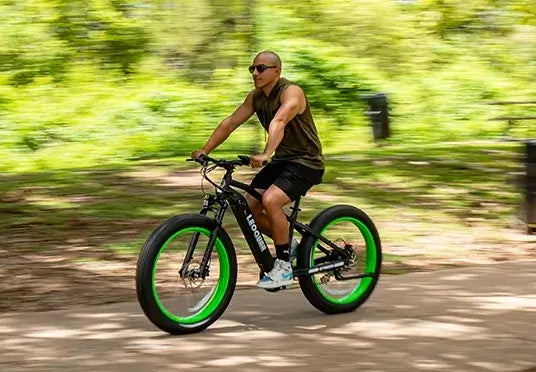


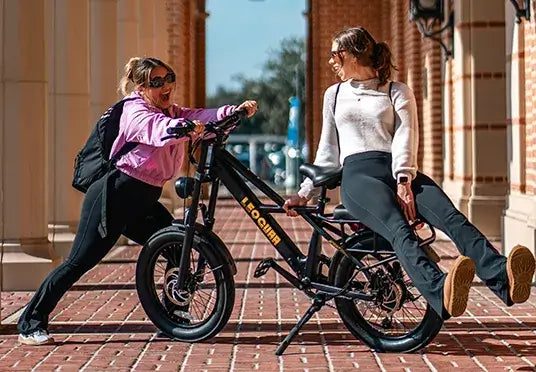
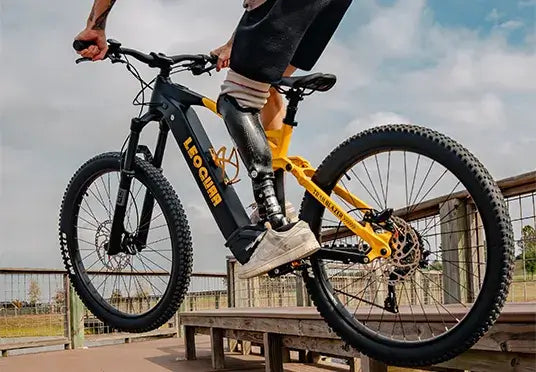
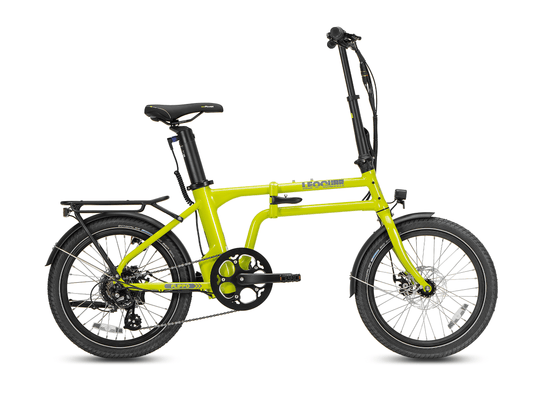
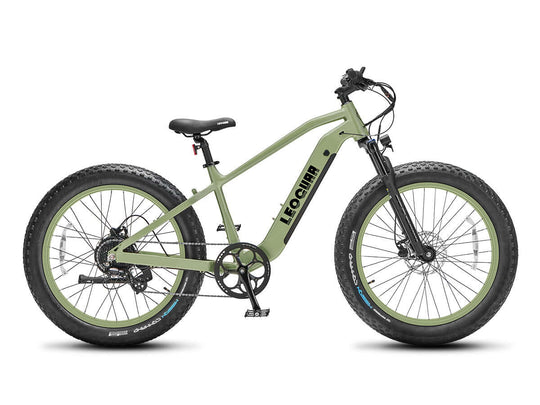
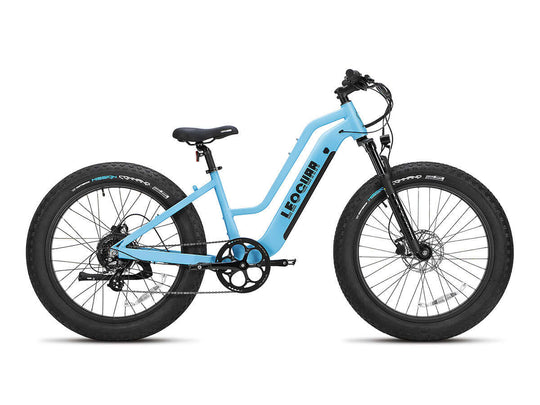
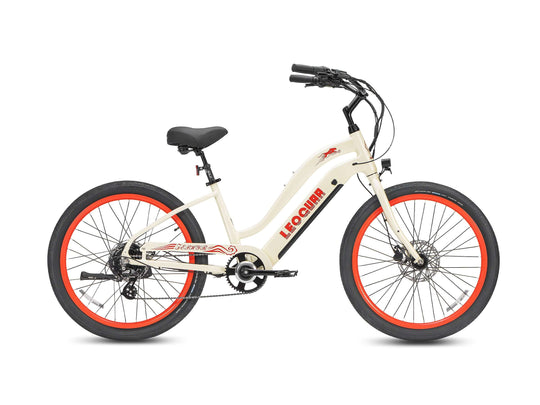
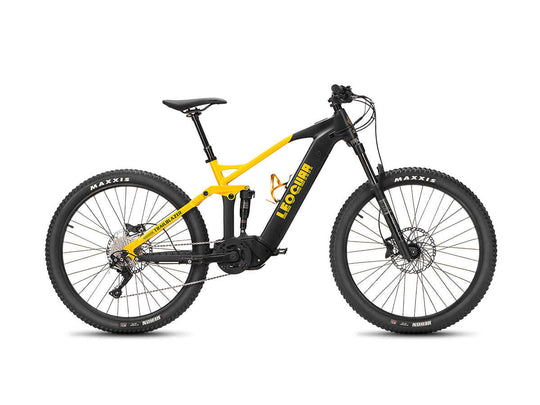
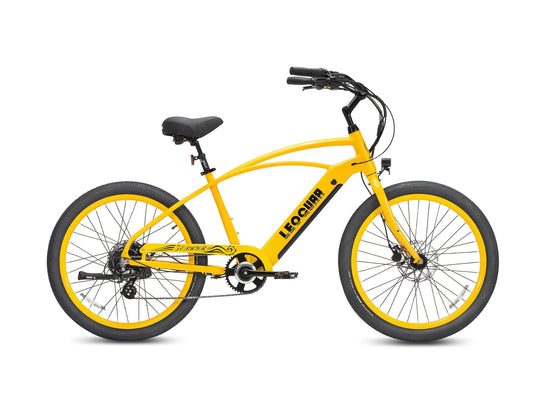
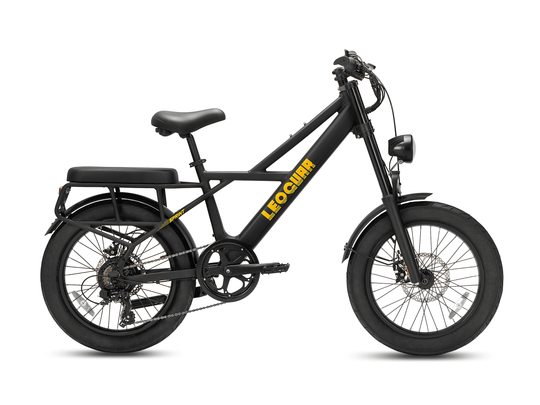
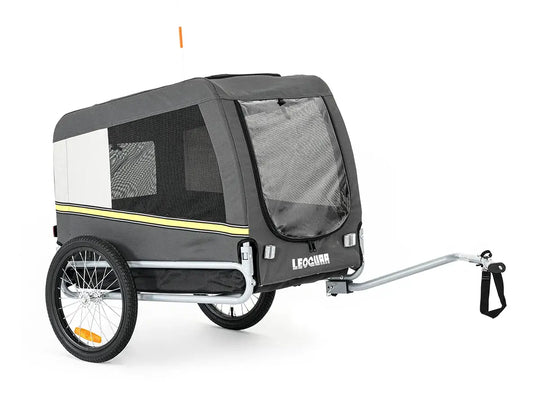
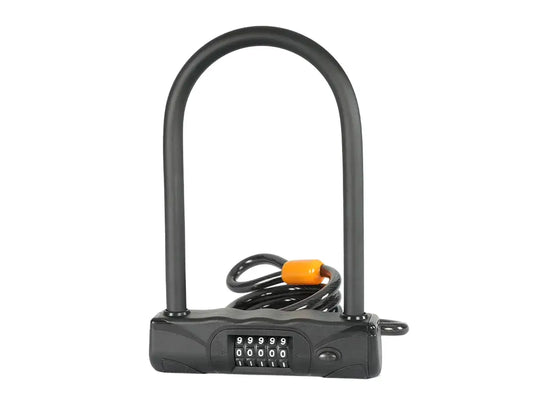

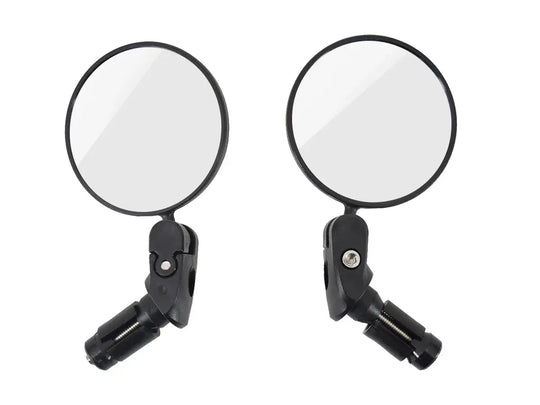
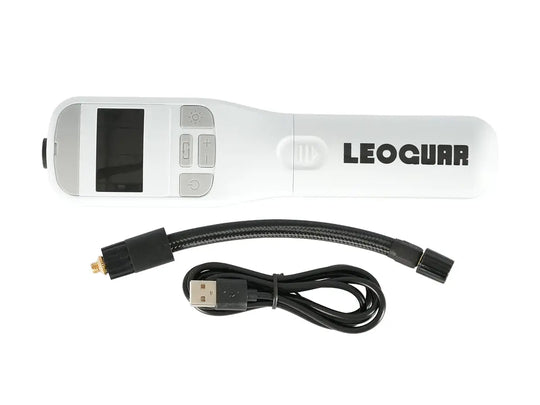
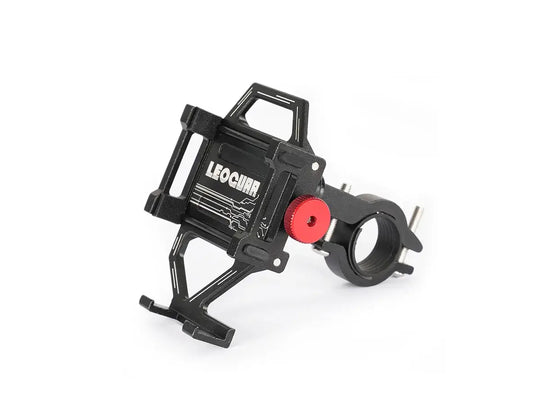
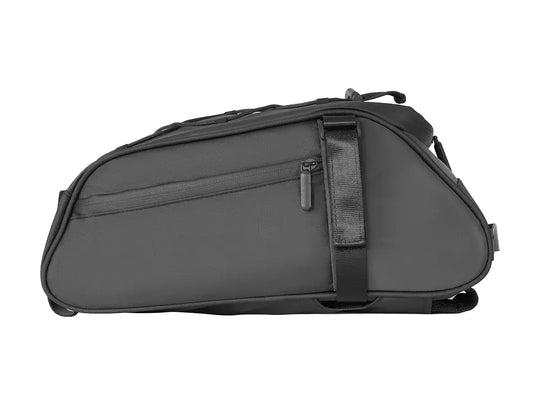
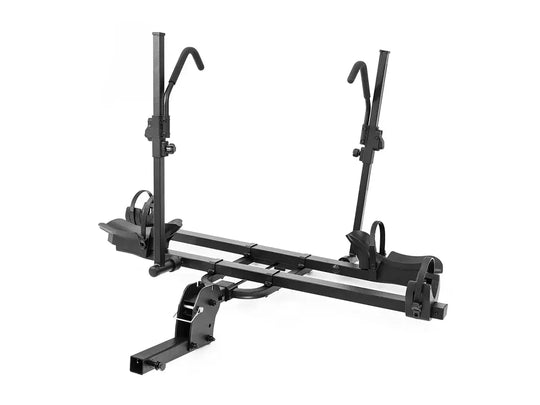

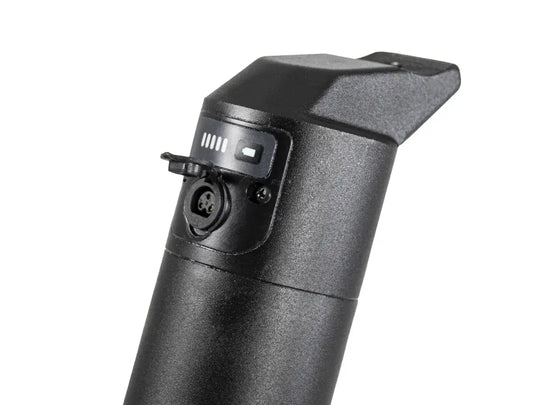
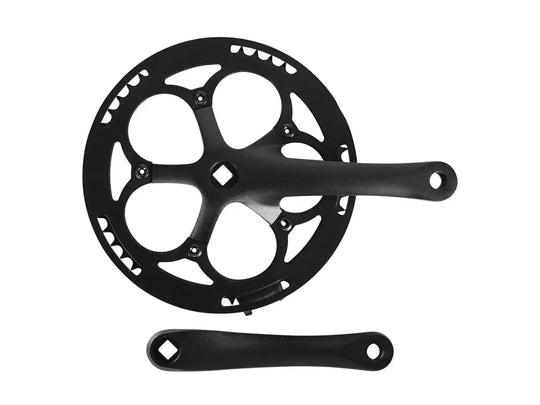
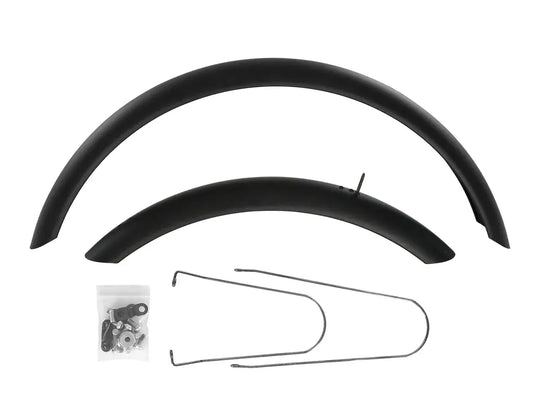
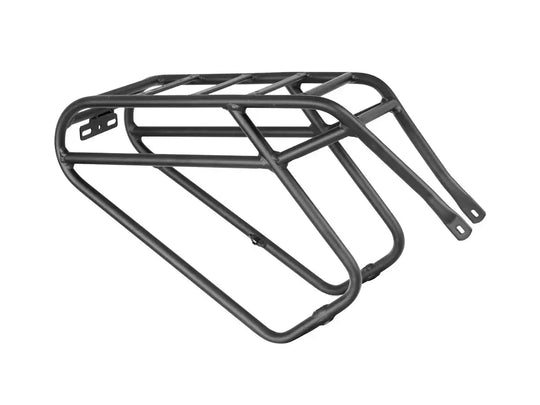
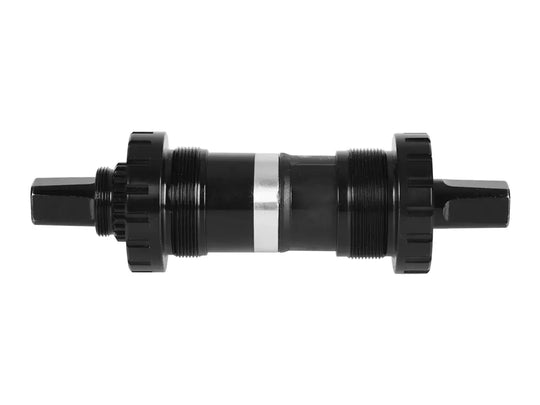
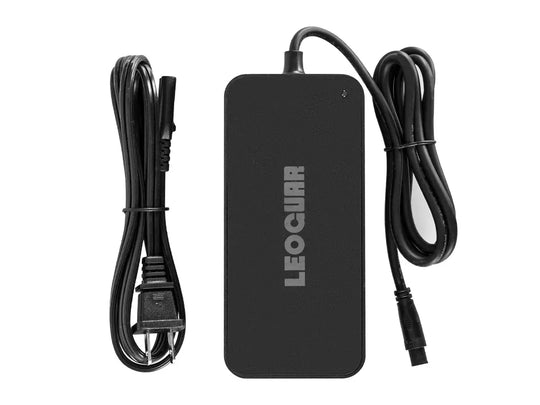
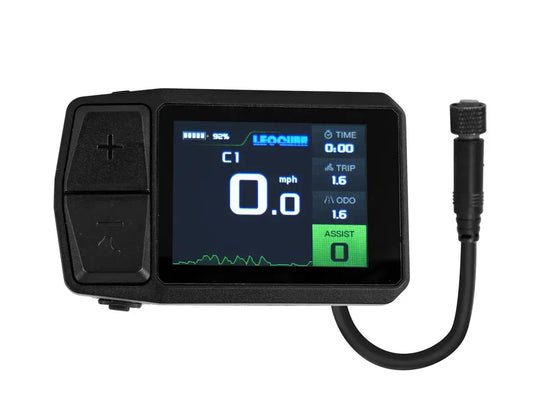
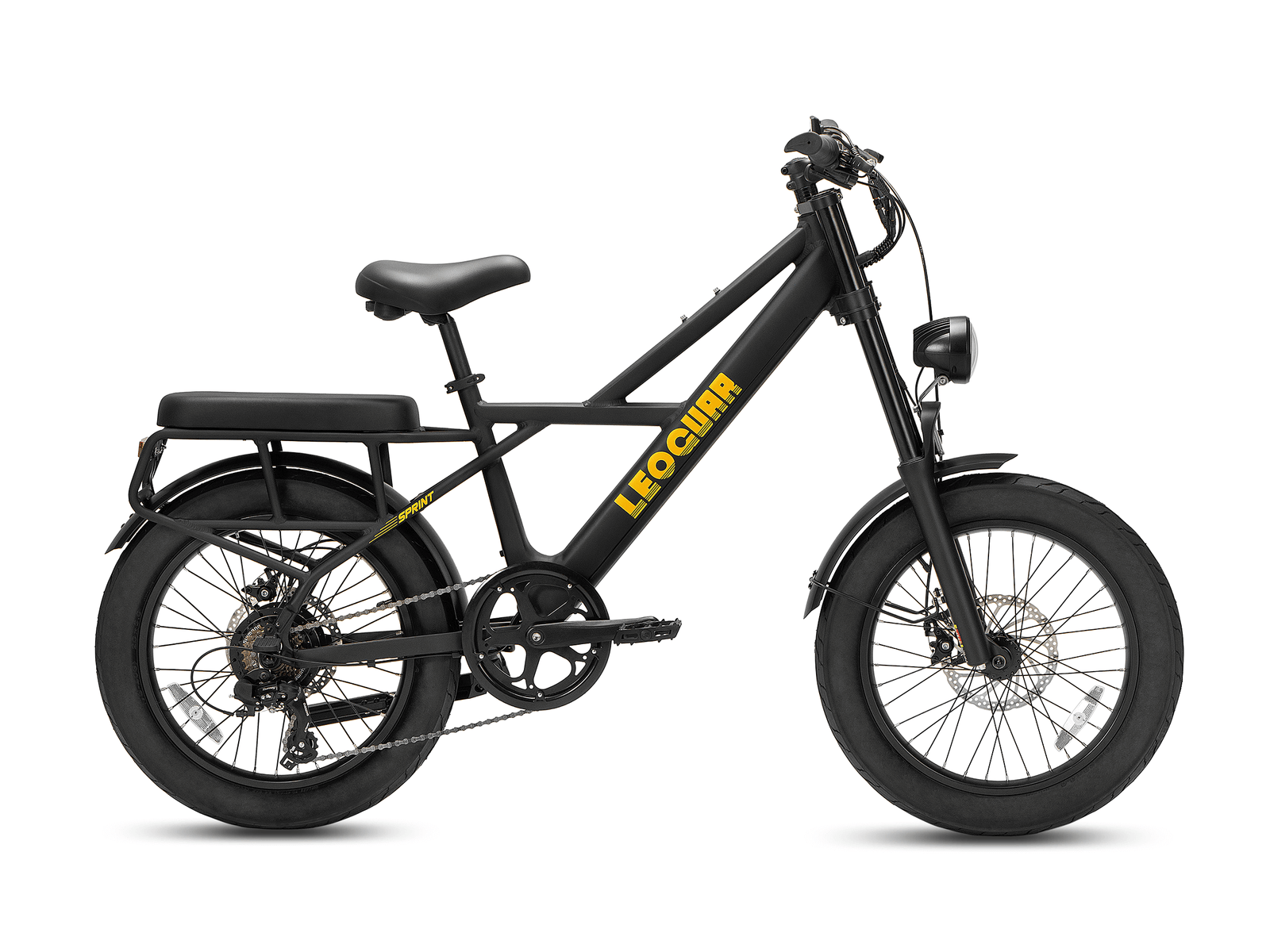







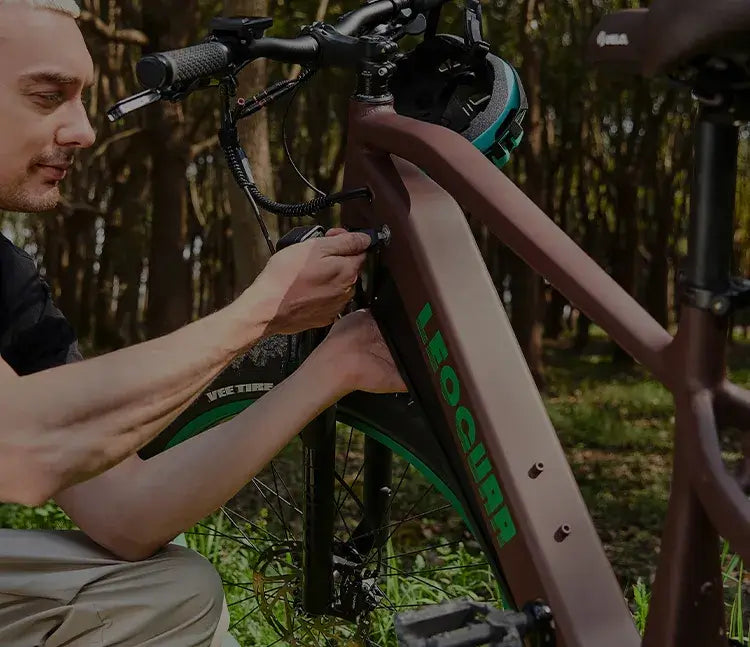
Leave a comment